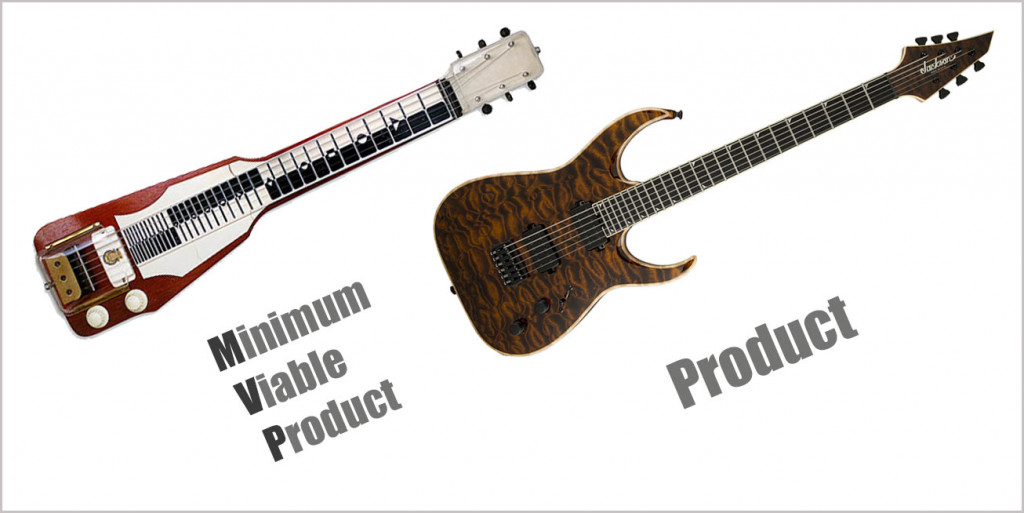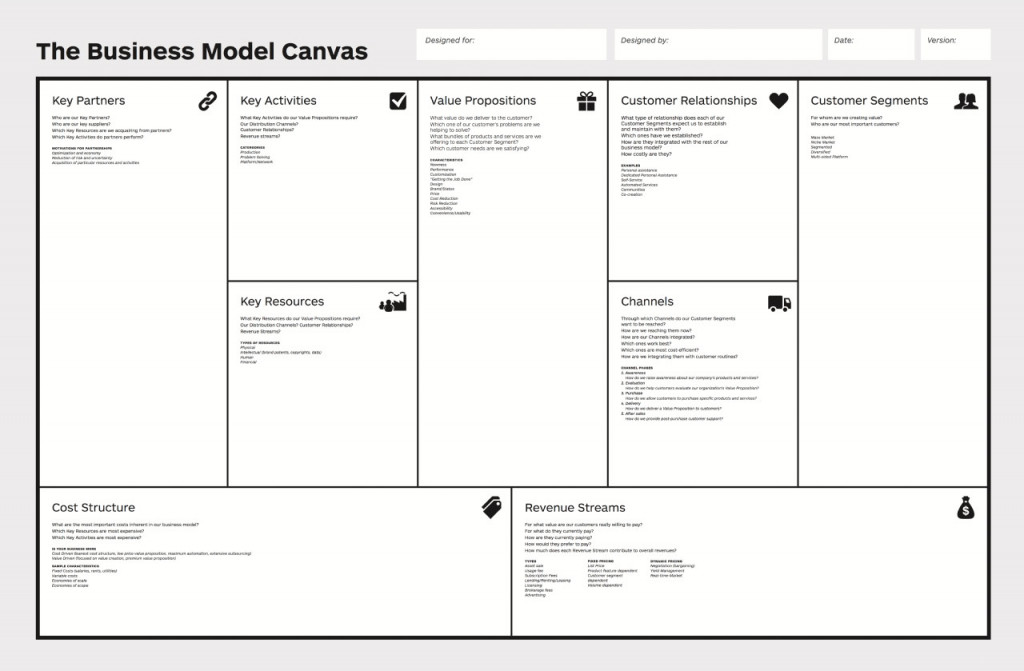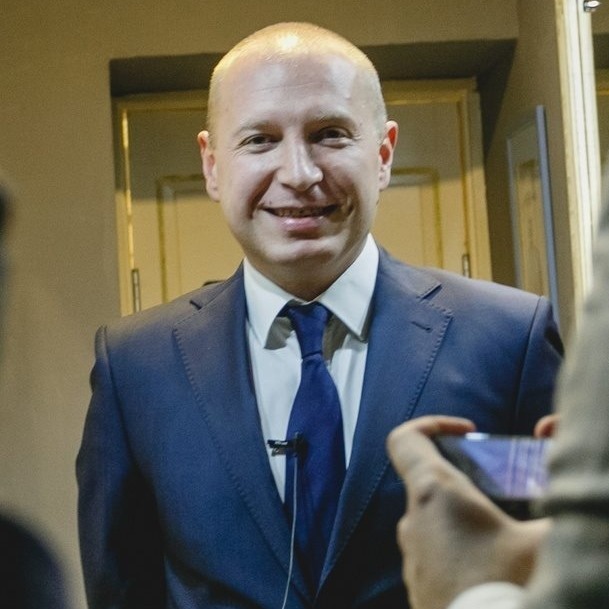According to Eric Ries, author of “The Lean Startup”, an MVP is a version of a product which allows to collect validated learning about customers with minimum effort. MVP, or a mobile app prototype, gives a chance to test your product-related risks. In other words, to test ideas and customer behavior before finishing full production. On the other hand, it isn’t free, and still a cheaper way to discover critical issues and market needs. With this in mind, the topic of MVP mobile app cost would be no less useful to cover as any other costs involved in app development.
In previous post What is a Minimum viable product you’ve already had a chance to learn a lot about the concept basics. Now we want to focus on MVP for mobile development and MVP price in particular. It takes time to develop a full app, from design, testing, fixing to market release. And consequently it all demands fat investments and efforts. Consider such scenario: with $150.000 budget and 6 months to make an app, you launch it and do not meet your goals. The alternative route is to build an MVP app for $10.000 in 1-2 months and test it out.
So, we can look at it as just a part of app business strategy, a valuable option. You can look at app MVP as the initial product version, which is also why it became so popular an approach among startup environment especially. Main benefits to making a minimum viable prototype are:
- Demands less investment
- Reduces business risks
- Gives real feedback by users
- Prepares for smooth market release
To build an MVP application one, of course, has to have a marketing strategy laid down in full and ahead. You’ll need all the specifics, details, tools, team and MVP development plan. You’ll have to decide what type of MVP is it going to be and what app features are critical to include.
Let's Build Your MVP
Provide us with your contact details and we will contact you today
Thank you for feedback.

MVP mobile app cost
A minimum viable product mobile app will cost you zero if you do it yourself. Nice suggestion but does not work in 99%. And as you google the MVP cost, you’ll probably find the figures like $50.000 to make a Twitter MVP, or $500.000 to make a prototype of Facebook. Don’t get confused, we are talking about mobile apps. MVP app development is well within the limits of affordable and cost-effective.
Your options to make a minimum viable product mobile app are:
- build it manually by yourself
- hire a developer to make an app prototype
- outsource MVP development
- hire a software engineering company
The trick to MVP mobile app cost is that it differs and depends. But we are here to give you the direction. For example, a freelance Android developer would charge about $4.000-6.000 for app prototype. If you hire a development company with experts they would quote from $5.000 to $40.000, depending on the scope of work. The main constant to estimate an MVP price is an hourly rate.
Normally, it should take 2 to 4 months to develop an app MVP. Ask your partner about the timeline and hourly rates. Then you’ll be able to do an estimate. Rates are different too, clearly. To illustrate the minimum viable product development cost, let’s say the rate is $50.
40 hours * 50 = $2.000, weekly cost
2.000 * 4 = $8.000, monthly cost
And monthly cost multiplied by a number of months to finish would be your total cost. Different rate – different outcome. MVP complexity, number of features, team size etc. are additional factors one can not leave out. For example, app design.
MVP cost of design
Functionality and design are two integral aspects of MVP development. You have to see how a user interface would look like. Is it simple and eye-catching? Does it keep people engaged? Is the navigation good? The key to MVP mobile app cost is the number of screens.
A plain app prototype with mock-ups would cost about $500. An MVP app with five screens of full design would cost $1.000+ in fact. A design per screen is usually within $50-70. As example, we’d like to show you how our design team makes MVPs for mobile apps.
Such fully interactive interface mock-up takes us several days and gives a lot in return. Clients can model the app architecture based on it, and then estimate the cost of everything as accurate as possible. Don’t you agree?
Total MVP pricing
To remind, the total cost of MVP for a mobile app would rely on hourly rate and a project timeline. A brief example when you need an iOS app MVP: say it takes 300 hours at $50 developer rate. Total MVP cost would be $15.000. This is a market average price – if you want to find iOS developers with affordable rates, you can aim at this price. Below is the table with stages and timeline for each, though we estimate with standard $30 rate we work at ThinkMobiles.
| App MVP development stage | Minimum time, hours | Maximum time, hours |
| Requirements/Planning | 5 | 30 |
| Wireframes, mockups | 55 | 100 |
| Back-end | 100 | 150 |
| Development (Android/iOS/Windows…) | 100 | 150 |
| Landing page, screens | 40 | 70 |
| Time total | 300 | 500 |
| Cost total | $9.000 | $15.000 |
How to build an app prototype
3 big pillars about MVP concept you already know about: Build, Measure, Improve. And you know what goes first – making a list of essential features in priority order. If you want to reduce MVP mobile app cost, include one main feature and 2-3 others. Hard but sound in a result. In practice, minimum viable product development comes in following stages:
- Setting a hypothesis
- Developing a prototype
- Release
- Testing
- Processing data and analyzing a hypothesis
Few more notes in this regard. How do start analyzing your app idea and making a hypothesis? Well, the market has already devised a business template to test out a real value of new products. It is called Business model canvas, and we can apply it to MVP apps as well, why not. It helps to map out your mobile app’s fundamental parts, like infrastructure, partners, main features and resources, value propositions for a customer, revenue streams, etc.

Developing a mobile app prototype then includes building wireframes and/or mock-ups of design, a back-end, platform development (iOS, Android). Though we feel there is no need to elaborate on those points, as you can find plenty of materials on our blog or Internet. Let’s move on to what to do after the MVP release.
Options after MVP results
Once your MVP mobile app is out and you have checked it from all angles, there are basically 3 ways to go further.
- Continue as is and improve
In case your business hypothesis worked out fine, you stick to the original plan and continue making an application. Naturally, making tweaks and improvements based on results and feedback. - Make amendments
If users do not react to your MVP app in a way you planned, try a different approach. It is positive that you find out what’s wrong with a product on this stage and not upon full market release. It means you’ve saved money. Analyze and determine what to amend in the next stage. - Stop the project
Again, tough but it happens. If an MVP app proves your hypothesis wrong in the root of it, your efforts to improve some parts won’t change the truth, most probably. Maybe your app idea is not really something new and great? Better move to other projects with potential.
Let's Build Your MVP
Provide us with your contact details and we will contact you today

